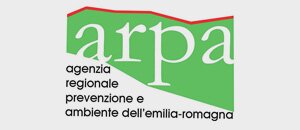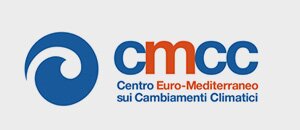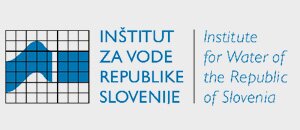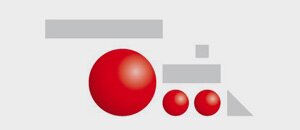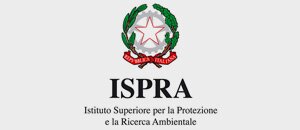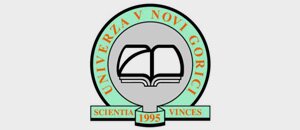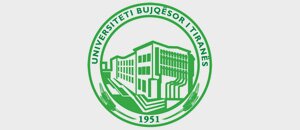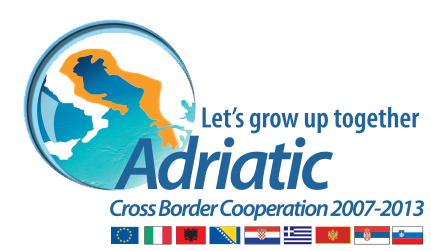Who is involved in the DeFishGear Project?
Seven countries embracing Adriatic Sea are involved in the DeFishGear project (Albania, Bosnia & Herzegovina, Croatia, Greece, Italy, Montenegro and Slovenia). The DeFishGear project is implemented by a multi-disciplinary team comprising 16 institutions which include academia, research institutes, local and national authorities from all the countries involved. Multi-disciplinary, coordinated and strongly attached partnership reinforces the substantial footprint of the DeFishGear project on the path towards a litter-free Adriatic Sea.
THE LIST OF THE PROJECT PARTNERS IS THE FOLLOWING:
LEAD PARTNER
1. National Institute of Chemistry, Ljubljana, Slovenia
PROJECT PARTNERS
1. Italian National Institute for Environmental Protection and Research, Rome, Italy
2. Ca' Foscari University of Venice, Italy
3. Mediterranean Consortium, Rome, Italy
4. Regional Agency for Environmental Protection in the Emilia-Romagna Region, Cesenatico, Italy
5. Institute for Water of the Republic of Slovenia, Ljubljana, Slovenia
6. University of Nova Garcia, the Laboratory for Environmental Research, Nova Garcia, Slovenia
7. Institute for Oceanography and Fisheries, Split, Croatia
8. Hydro-Engineering Institute of the Faculty of Civil Engineering, Sarajevo, Bosnia and Herzegovina
9. Institute of Marine Biology, University of Montenegro, Kotor, Montenegro
10. Agricultural University of Tirana, Laboratory of Fisheries and Aquaculture, Tirana, Albania
11. Regional Council of Lezha, Lezha, Albania
12. Mediterranean Information Office for Environment, Culture and Sustainable Development, Athens, Greece
13. Hellenic Centre for Marine Research (with participation of the Institute of Oceanography and Institute of Marine Biological Resources and Inland Waters), Anavyssos, Greece
14. Public Institution RERA SD for Coordination and Development of Split Dalmatia County, Split, Croatia
15. Euro-Mediterranean Centre on Climate Change, Lecce, Italy
ASSOCIATES
1. PlasticsEurope AISBL, Brussels, Belgium
2. Ministry for Agriculture and Environment, Ljubljana, Slovenia
3. Italian Ministry of Environment, Land and Sea, Rome, Italy
4. Croatian Environment Agency, Zagreb, Croatia
5. Fishing League, Rome, Italy
6. Agency for Watershed Area of Adriatic Sea Mostar, Mostar, Bosnia and Herzegovina

The Institute of Marine Biology was founded in 1961 with a Decree of the People's Republic of Montenegro (then part of Yugoslavia). Through its history, the Institute has been organised and re–organised, and its name changed a number of times. Since 1997 it bears its current name, and in 2004 Institute joined the University of Montenegro, whose member it remains to this day.
The decades–long programme conception of the Institute, the only institution in Montenegro dedicated to the research of the sea, is grouped into several linked areas:
- biological, ecological, taxonomic and hydrographical research of the marine life;
- population dynamics and suggestions for rational exploitation of the economically important species of fish, crustaceans and cephalopods;
- neurophysiologic research on marine organisms;
- research and protection of flora and fauna as well as the hydrographical properties of the BokaKotorska bay;
- advancement of the marine fisheries and aquaculture and dealing with the artificial fertilisation of certain economically important species of marine organisms;
- oceanographic research of the south Adriatic;
- Preservation and advancement of the environment in the south Adriatic area (Montenegrin littoral).
The main goal of the research at the Institute is familiarisation with the animal and plant populations of the south Adriatic, their relations with the biotic and abiotic factors, the interaction between the sea and the littoral, and the scientific interpretations of the changes in the ecosystem due to the climatic and anthropogenic influences.
All research done at the Institute is ecological in nature, as it looks at the Adriatic Sea - specifically its southern part including the BokaKotorska bay (as a natural phenomenon) - as a complex system. Besides the fundamental research, the Institute is involved in many projects of a more practical nature, including the conservation of the environment, marine fisheries, aquaculture, integrated coastal area management, through which scientific research is put to practical use.
International cooperation has remained an important part of the Institute’s activities throughout the years. The Institute is involved in many international projects and the scientists of the Institute are involved in the activities of various international and Mediterranean organisations and committees dealing with the research and conservations of the sea (UNESCO, UNEP, FAO–GFCM, IOC, WHO, ICSEM, CIESM, UNDP). Members of the staff frequently travel abroad for further professional training and scientists from abroad often visit the Institute. The majority of international cooperation is done through the bilateral cooperation with Italy, Russia, the USA, Croatia, Greece, Slovenia, Albania, France, and Germany.
Since 1965, the Institute also publishes its scientific journal, “Studia Marina”. The Institute is involved in journal exchange with many publishes, from Montenegro and abroad.
Scientists working at the Institute have published more than a 1000 scientific papers, whether as authors or co–authors. They have also been involved in over 100 scientific projects, elaborates, studies, expertise, business plans, expert opinions and interviews.
Even though the Institute is not performing teaching, it is still involved in educational activities, by hosting young researchers on exchange or through employing them, on project basis, during their PhD development stage. Many generations of students from the universities of Podgorica, Belgrade, Sarajevo, Novi Sad, Kragujevac, Tuzla, Prishtina, etc., have spent 5 to 15 days in field and laboratory training and classes in Marine Biology.
Scientists at the Institute are engaged as co–mentors for Master’s Thesis and PhD Thesis, both for the young scientists working at the Institute, as well as scientists working employed at other institutions and universities whose professional work requires high degree of knowledge in biological, chemical, or physical oceanography.


